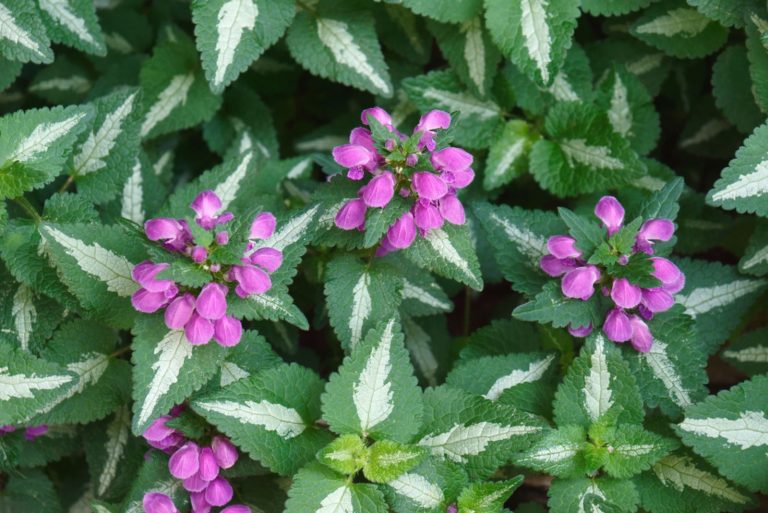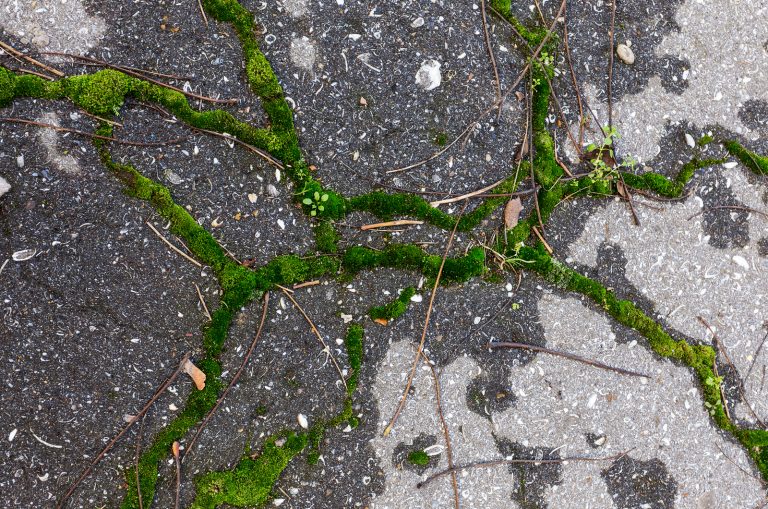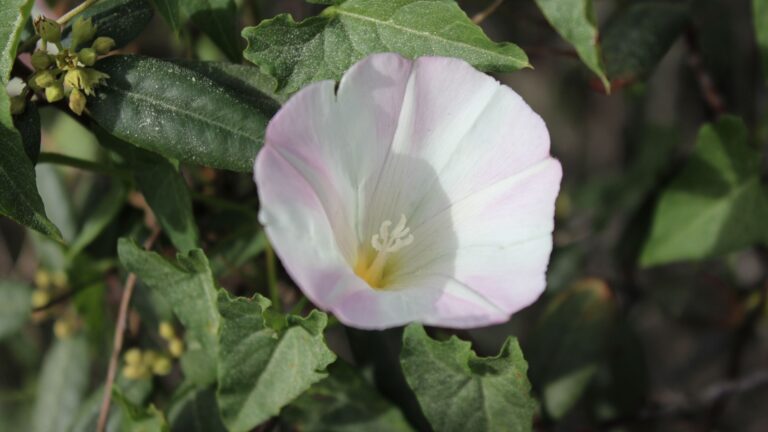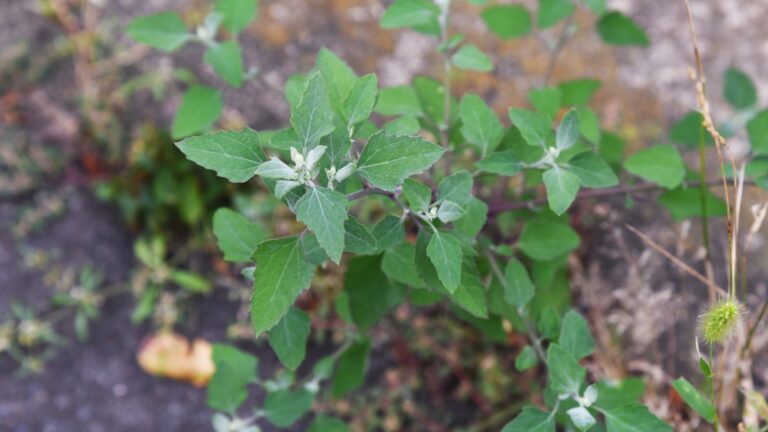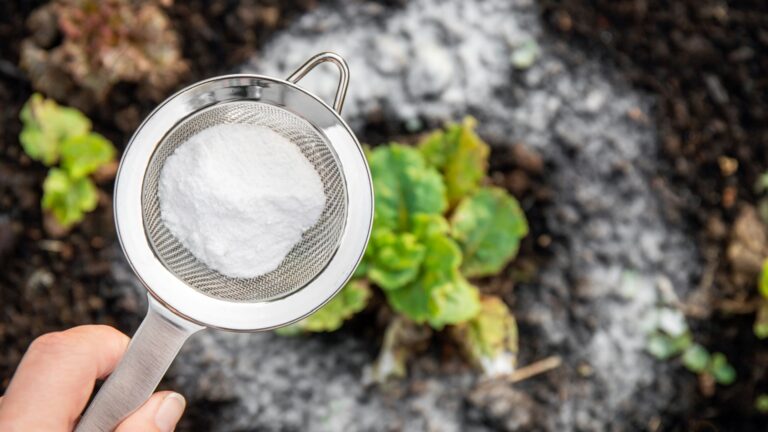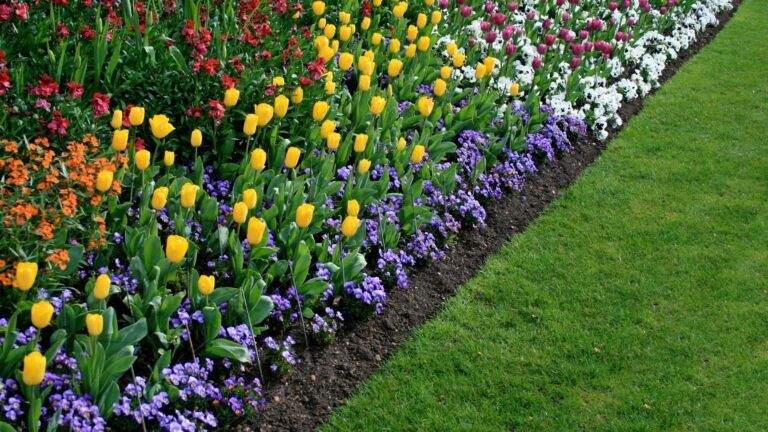This Annoying Weed Will Make The Best Fertilizer For Your Garden
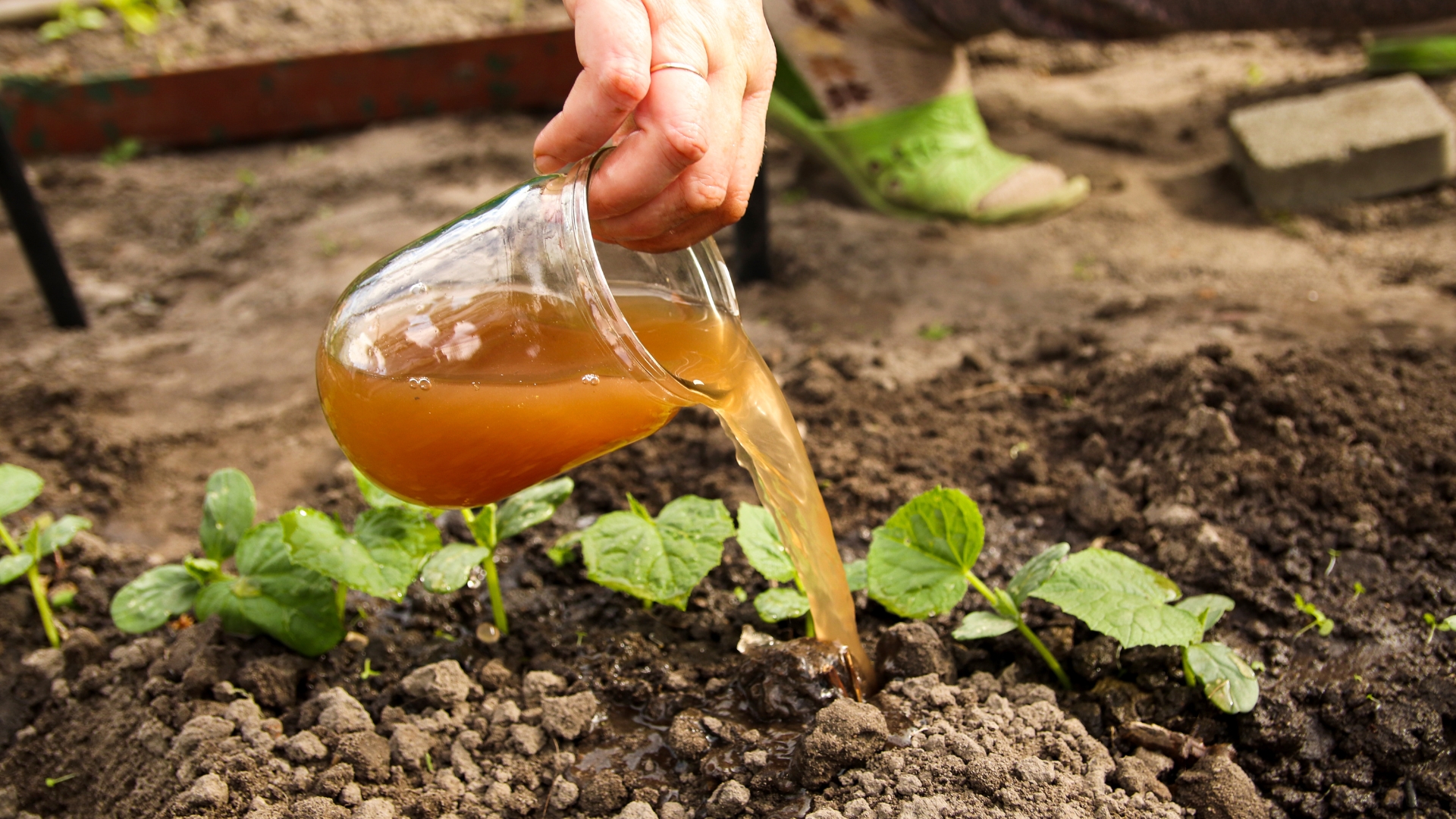
They say one man’s trash is another man’s treasure, and I’ve found that’s especially true in the garden.
What I once cursed as a pesky weed turned out to be a secret weapon for healthier plants. It’s amazing how something so annoying can become such a game-changer when used the right way.
Let me show you how this weed can go from garden menace to garden miracle!
Dandelions Aren’t As Harmful As Many Think
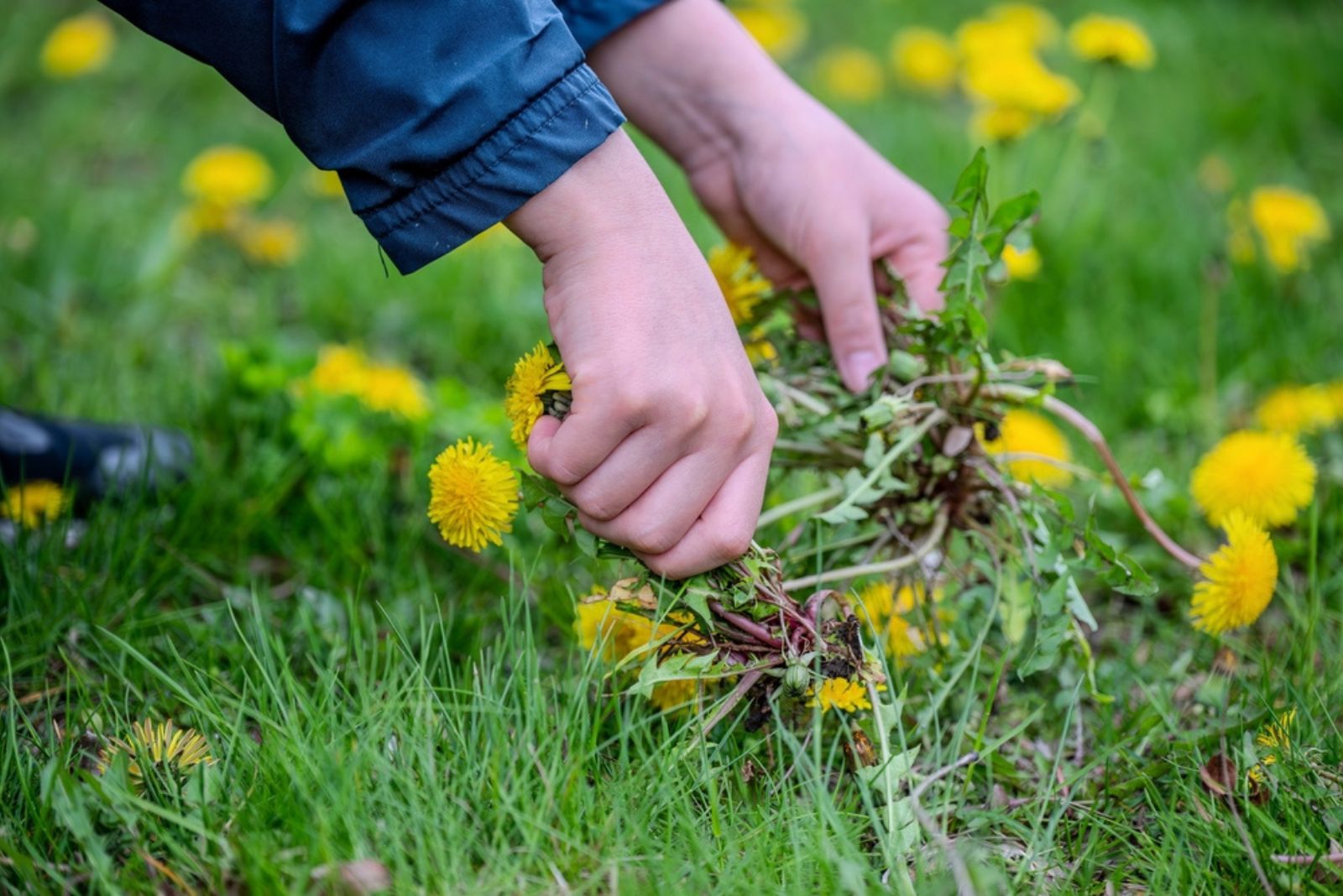
Love them or hate them, dandelions are here to stay. Their golden blooms brighten up the drabbest of yards, and their ability to grow almost anywhere is a testament to their strength.
These misunderstood weeds might just be the heroes your garden needs.
Identifying dandelions is as easy as pie. Their jagged, tooth-like leaves grow close to the ground, and their yellow flowers eventually turn into fluffy seed heads that are irresistible to kids (and the wind!).
They’re impossible to miss once you know what to look for!
Their taproots are what make them tough cookies. Stretching deep into the soil – often over 10 inches – they extract nutrients from depths other plants can’t reach.
That root can be a gardener’s bane, but it’s also what makes dandelions such a valuable resource for soil health.
Why Make A Dandelion Fertilizer
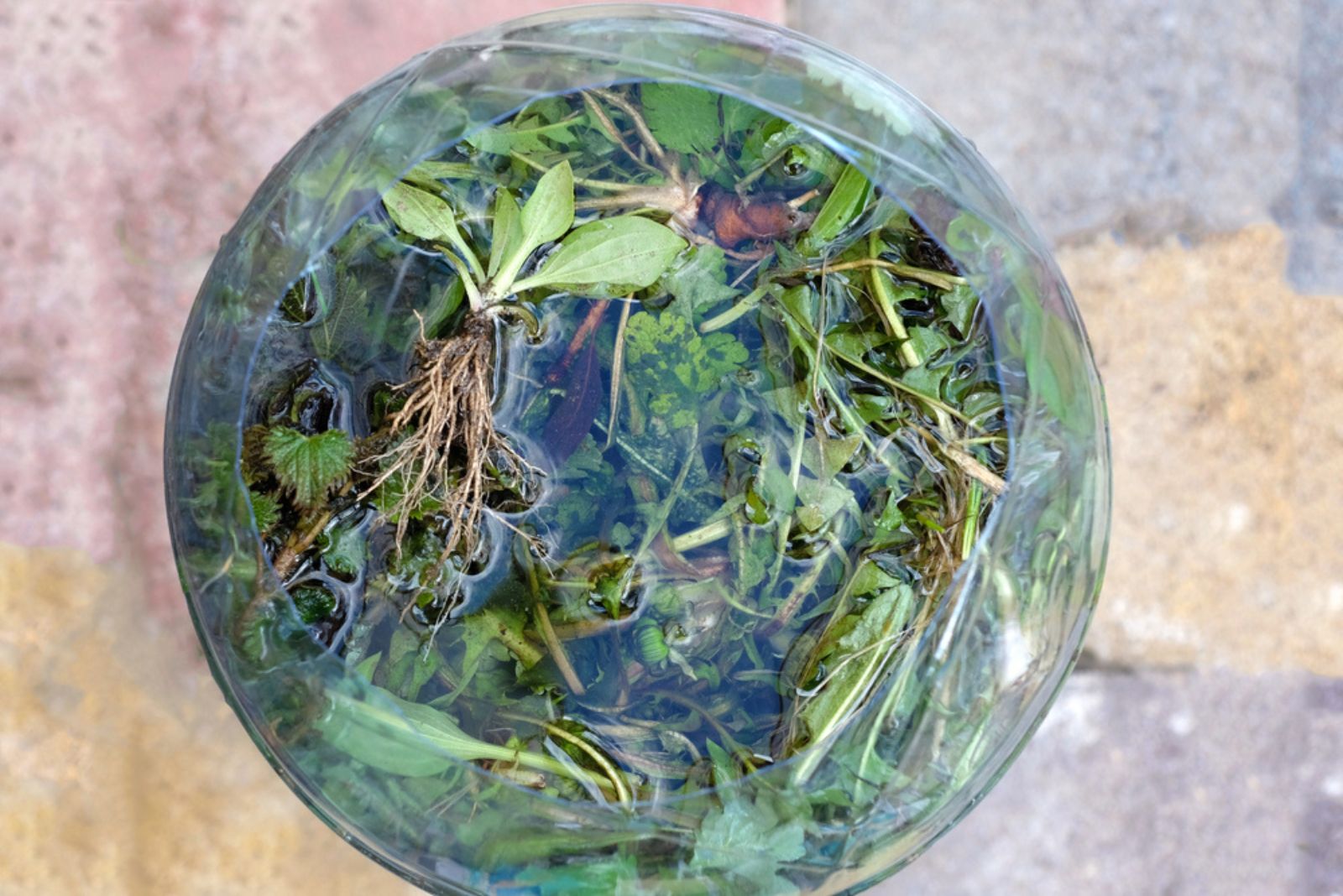
If you’ve been battling dandelions, it’s time to put them to work. Dandelion fertilizer is an easy, natural way to enrich your soil and give your plants a healthy boost.
What was once a weed can now be the secret to your garden’s success!
They’re rich in nitrogen and potassium, which are the key components of the N-P-K fertilizer trio, and they’re also brimming with essential vitamins like A, C, B, D, and B12.
On top of that, they contain calcium, magnesium, and iron, all of which promote strong, healthy plant growth.
But their power doesn’t stop there. Dandelions are also packed with antioxidants like tocopherols, niacin, thiamine, and riboflavin, which help regulate plant growth.
In biodynamic farming, fermented and dried dandelions are used to enhance compost and improve silica activity in the soil, creating a healthier growing environment. How remarkable!
Not Every Dandelion Is Suitable!
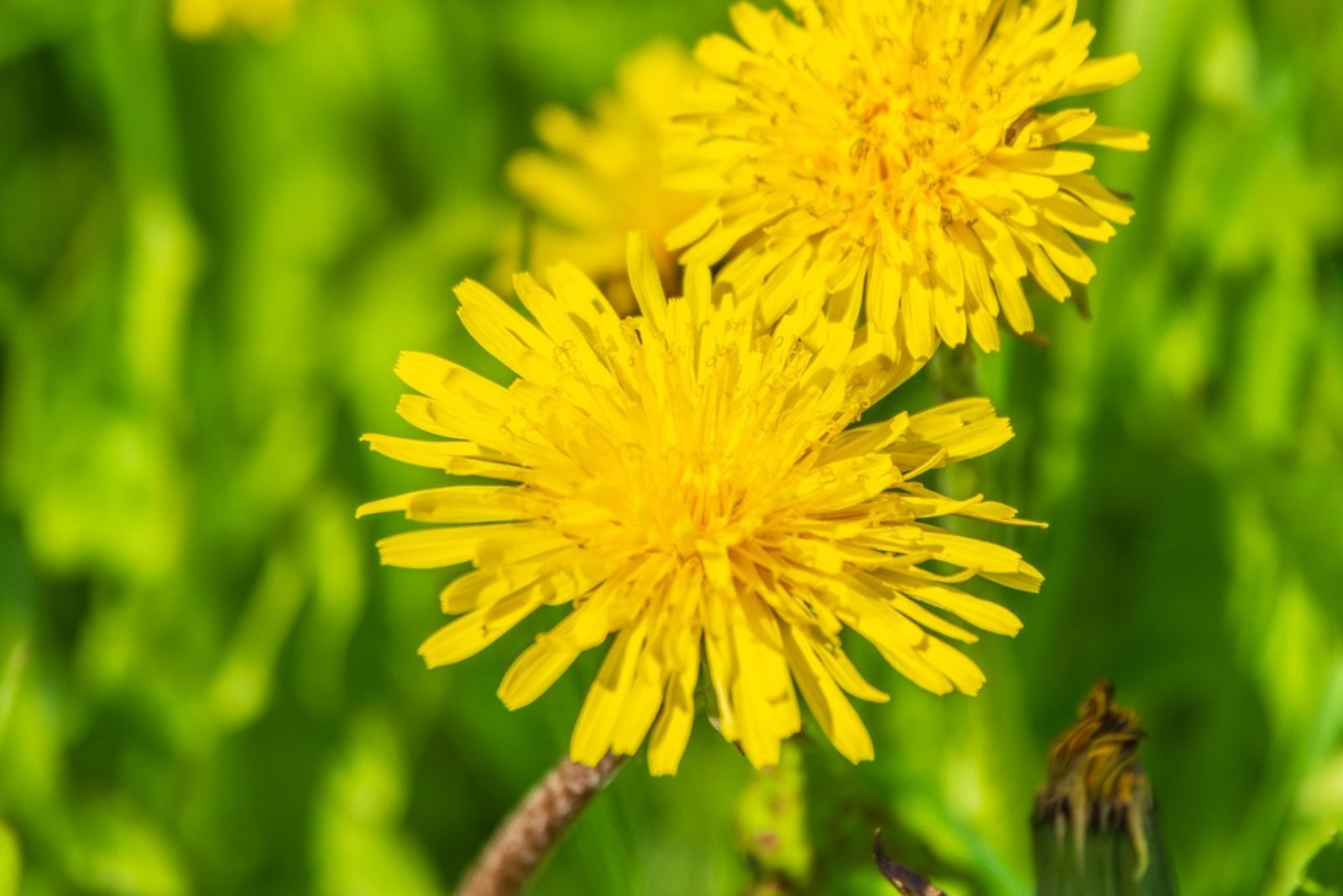
Before you grab your first batch of dandelions, there’s one thing to know – not every dandelion is fertilizer material. The wrong choice can spell trouble for your garden, so it pays to be picky.
Plants growing near roads or polluted areas can contain dangerous elements like arsenic and chromium, which you don’t want seeping into your soil.
Plan your dandelion hunt for early spring, when these plants are at their peak. Look for lush, green dandelions in clean, pesticide-free areas far from traffic.
If you’ve been wondering which parts of dandelions go in your fertilizer, the good news is that you’ll be using the entire plant!
This way, you’ll maximize its benefits and give your garden the boost it deserves!
Here’s How To Make The Best Fertilizer For Your Garden
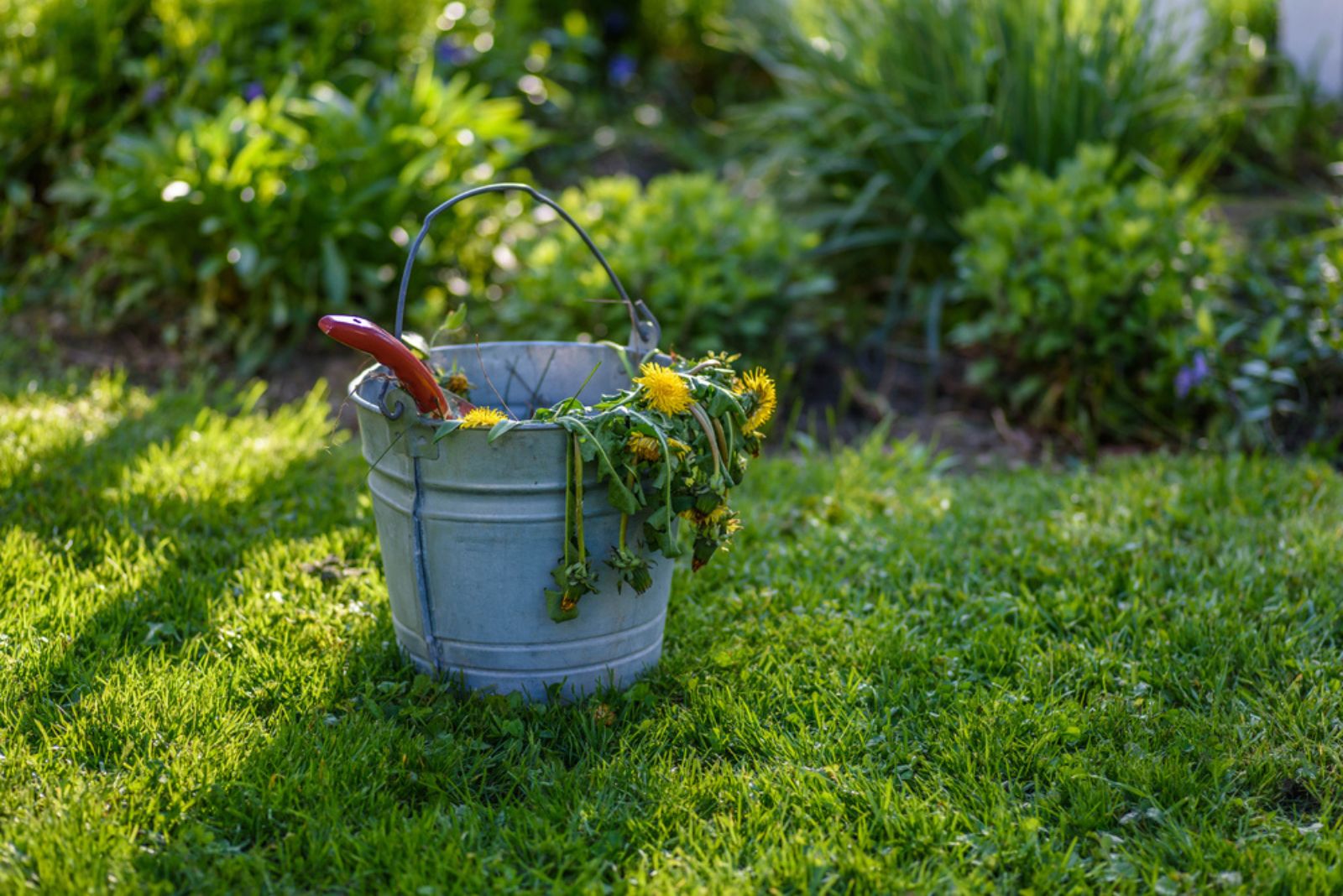
To make dandelion fertilizer, you’ll need freshly picked dandelions (the whole plant), a large container, water, and a breathable cover like mesh or cheesecloth.
Chop the dandelions into smaller pieces to release their nutrients, using a ratio of about 1 part dandelions to 5 parts water.
Now toss the chopped dandelions into your bucket, then fill it with water, leaving some space at the top, and give it a good stir.
Cover the bucket with your breathable cloth to keep bugs out while letting air circulate. Let it brew for about 2 weeks, stirring every few days to keep things moving along.
When your tea is ready, strain out the solids and dilute it with water before applying. Use it to feed your garden beds, container plants, or even your lawn.
That’s it! Who knew the secret to a thriving garden was hiding in your weeds? So, start brewing, and watch your plants thrive!

